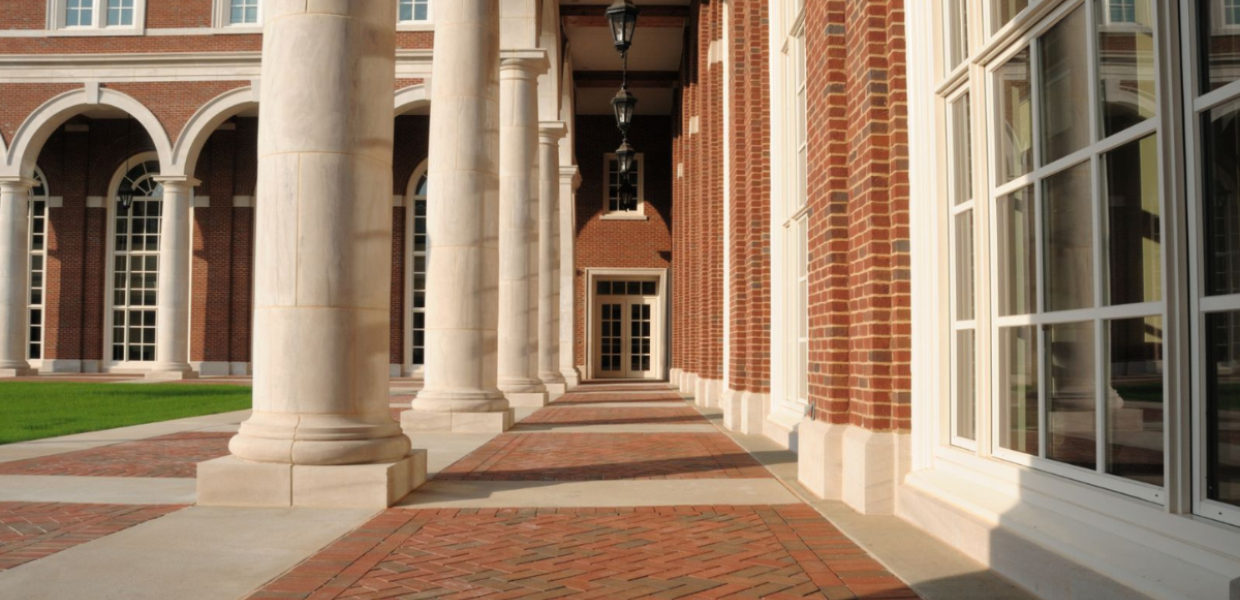Systemic whitewashing of history and ongoing segregation has angered yet inspired Black educators and progressive whites.
Education in America is under attack. Some states are banning specific books. Others are passing bills that prohibit classroom discussions on sexual orientation or gender identity. And other schools are restricting topics linked to race and American history and preventing teachings that suggest a person is privileged or oppressed based on his or her race, sex or national origin.
Whitewashing or omitting accurate Black history helps no one and has shaped my own upbringing. I grew up on the northside of Tulsa, Okla., but was bussed to a downtown white high school. There, I was never taught about Tulsa’s 1921 Massacre of Black Americans, carried out by the Ku Klux Klan and its followers. No one told me about the brutal destruction of what was “Black Wall Street” either. Prior to the massacre, near Greenwood and Pine streets, the richest Blacks in America lived and owned thriving businesses. It was decades before I learned how the massacre took innocent Black lives and destroyed generations of Black wealth, depriving us of a sense of cultural pride and achievement.
Contrary to this backlash against teaching facts in U.S. schools, there also is a profound positive trend — the increase of the interest in and relevance of Historically Black Colleges & Universities in higher education. HBCUs are now being perceived as offering a nurturing environment in which Black students can learn and excel without feeling like “the other,” as many do at majority-serving institutions. Some majority-serving higher educational\ institutions, corporations and high-net-worth individuals are partnering with HBCUs. High-net worth donors such as MacKenzie Scott (Jeff Bezos’ ex-wife) gifted $150 million to 17 HBCUs in 2020, and numerous corporations are providing HBCU students with millions of dollars in grants, donations and scholarships, as well as internships and mentorships.
Systemic whitewashing of history and ongoing segregation has angered yet inspired Black educators and progressive white allies. These groups joined to found some of the leading HBCUs in the U.S., following the Civil War, when educating Black people was highly controversial. Some considered it immoral and a crime. Others viewed it as fair, essential and vital.
Most HBCUs were created from 1865 to 1900. Those established prior to 1964 are higher-learning schools founded to educate Black Americans. HBCUs established thereafter had to have at least a 40 percent makeup of Blacks and a minimum of 1,000 students. At least 50 percent of those schools’ students came from low-income families or were first-generation students seeking a degree. About 89 percent of the total 101 HBCUs are in the U.S.’ southern region; most others are in the Northeast and along the East Coast.
Today, Black students enjoy a myriad of higher educational choices. More choose and thrive in HBCUs because they feel more secure in environments where they are treated with respect and “like family,” and are better informed about their ancestorial fact-based history. As educators, one effective way to support Black students is to build HBCU partnerships with majority universities, such as USC.
As leaders in the public relations industry, we must counsel our clients to be inclusive and sensitive to various races and ethnicities, who also are the majority consumers of most brands. We also need to urge them to support quality training for HBCU students via scholarships, internships and mentorships and in sharing knowledge in classrooms. Aside from altruistic and moral reasons, we also must remind our clients that “it makes good business sense.” Sharing their collective knowledge and resources with diverse communities will return huge dividends to their bottom lines. We all benefit by educating, not miseducating students. In the words of the revered late poet Maya Angelou: “When you learn, teach. If you get, give.”
